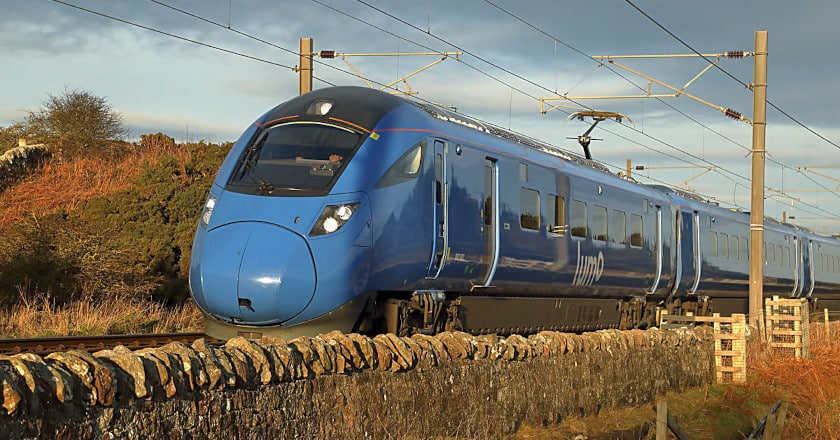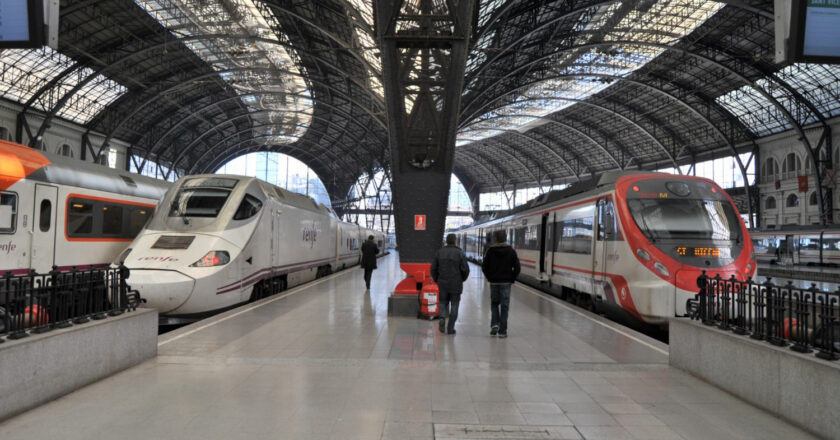The UK Department for Transport (DfT) has strengthened its opposition to the expansion of open access train services.
It argues that these trains could unacceptably reduce the revenues of the PSO train operators, mostly in the UK, which will all be in public hands.
What are OSP trains and how do they differ from open access trains?
Apart from the trains operated directly by Great British Railways itself (as a single company), there will also be regional public operators such as Transport for London, Merseyrail, ScotRail and Transport for Wales.
Trenvista Premium te lleva directo, sin anuncios que hagan descarrilar tu lectura ni tu paciencia.
Únete por sólo 35€ al año, disfruta de contenidos exclusivos, más ventajas y cancela cuando quieras.
★ Empieza ahora
Potential conflicts of interest in current operators
In a letter sent to the Office of Rail and Road (ORR), the director general for rail reform and strategy, Richard Goodman, warns of the risk of a conflict of interest between the very companies. These companies currently operate both types of services.
Some contracts are still in the hands of large transport groups, which in turn compete with the state-contracted trains they operate themselves.
This is the case for companies such as FirstGroup and Arriva that operate both PSO and open access services that overlap routes. Both have presented ambitious expansion plans.
For example, FirstGroup competes against itself on sections that its open access operator Lumo shares with its PSO operator Avanti West Coast on the London-Glasgow/Stirling line. It also competes with the public operator LNER between London and Edinburgh.
However, the DfT estimates that the combined annual impact of the new proposals could reach £229 million in diverted revenues.
Transport Secretary Heidi Alexander warned in January that the benefits of open access rail must outweigh the costs to taxpayers and the operational impact on the network.
In February, the DfT refused to support new applications, except for the London-Wrexham route, stressing that the priority is to protect the public interest and the efficiency of the rail system.

